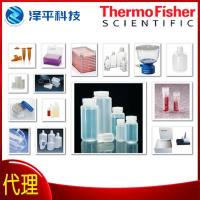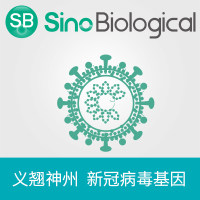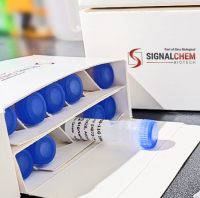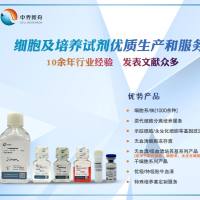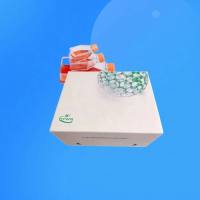Aerosol Gene Therapy for Metastatic Lung Cancer Using PEI-p53 Complexes
互联网
612
Inactivation of p53wt, a tumor-suppressor gene, has been observed in a majority of small cell and non-small cell lung cancers (SCLC/NSCLC) (1 ,2 ). Many tumors that frequently metastasize to lung, such as colon, breast, liver, melanoma, and bone, also exhibit a high incidence of p53 mutations and deletions. Several studies have suggested that gene-replacement therapy with p53wt results in an antitumor response that may be of therapeutic value in these situations (3 –8 ). Although different approaches for delivery of genes to the lungs, such as intravenous injection and nasal or intratracheal instillation, have been reported in animal models, these strategies tend to be invasive and generally do not distribute the material uniformly throughout pulmonary tissues. In contrast, aerosol delivery distributes the complexes uniformly and represents a non-invasive alternative for targeting the genes to the lungs (see Chapter 34 ). We have recently shown that polyethylenimine (PEI), a cationic polymer, holds promise as a gene delivery vector by aerosol (9 –11 ), and this approach has proven to be very effective when used to deliver p53 and variant p53 genes topically to the lungs of animals bearing metastatic lung tumors (7 ,8 ).


